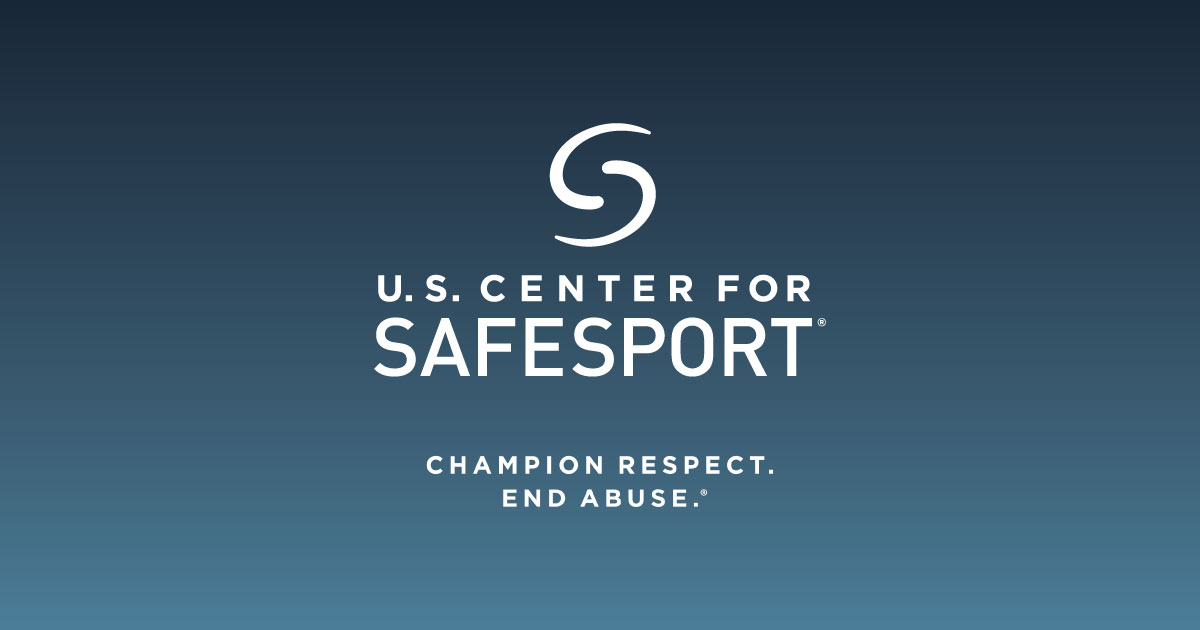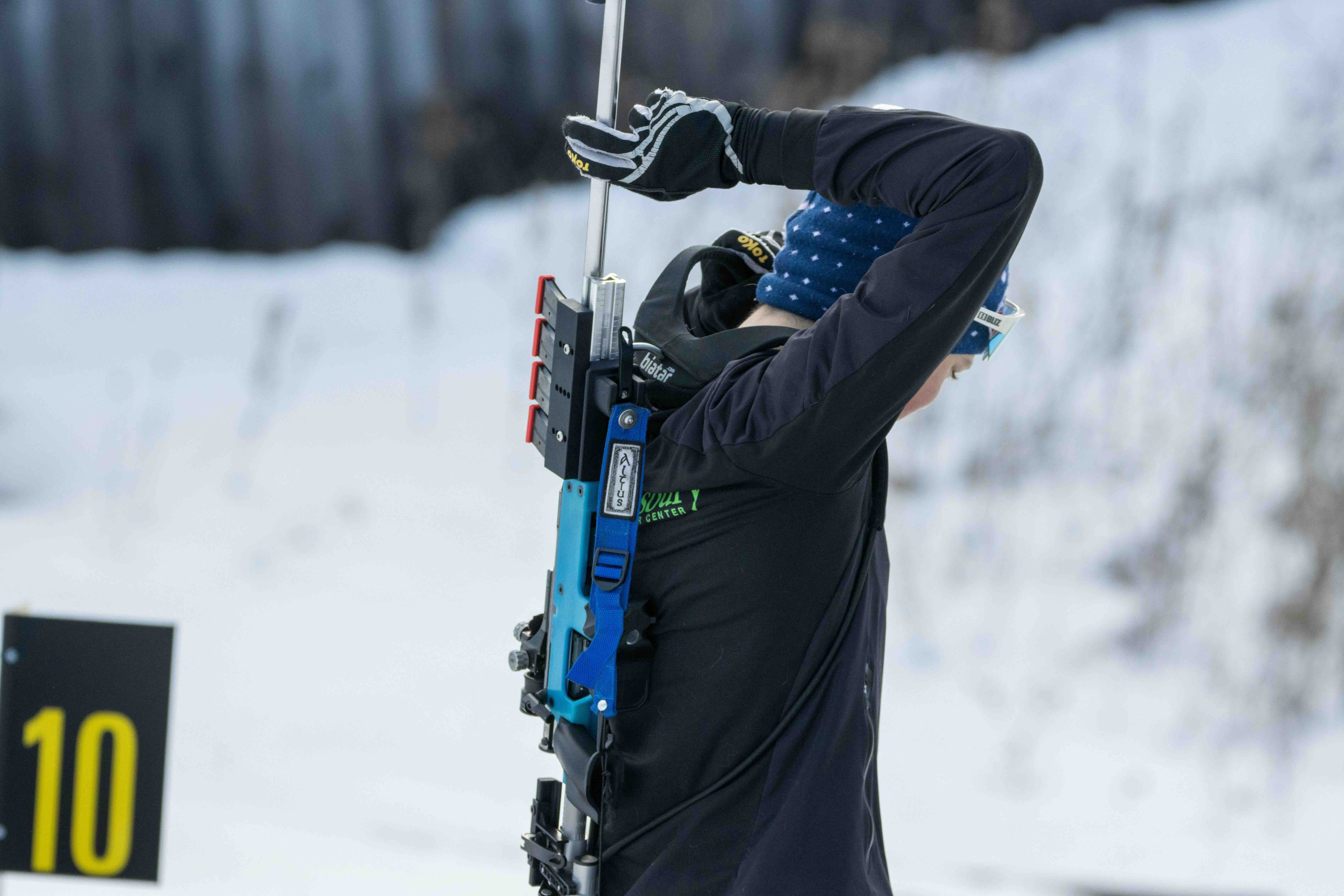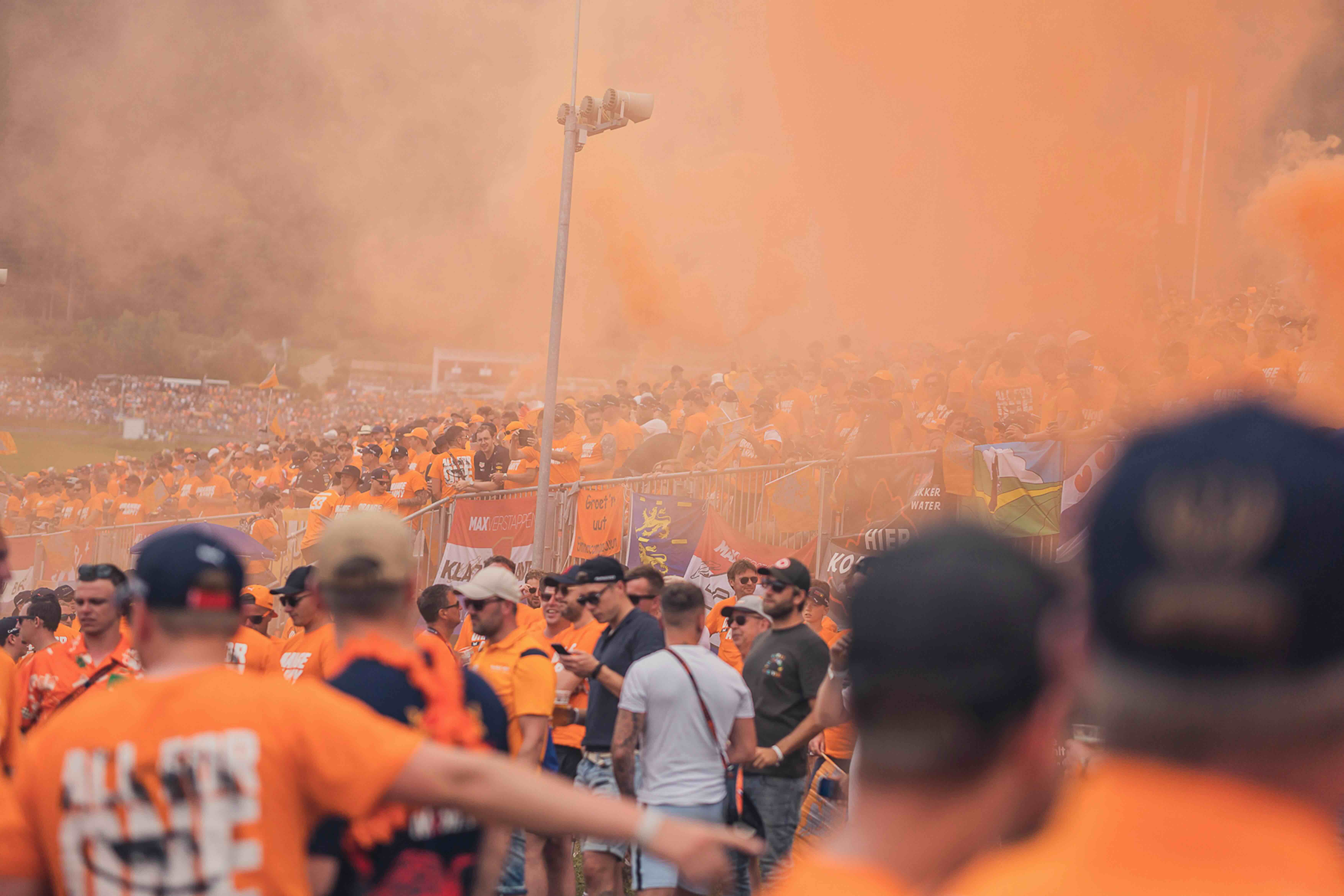
The US Center for SafeSport has just released its 2026 SafeSport Code, an update to the governing document that outlines reporting, intake, investigation, and arbitration requirements when misconduct is reported to the Center.
Most athletes, coaches, and community members are aware of the Center’s work, but fewer are aware of their own responsibilities under the Code. When you join a National Governing Body, Local Affiliate Organization, or otherwise fall under the US Olympic & Paralympic Committee umbrella, you agree to follow the rules and procedures set forth in the SafeSport Code as a condition of membership.
One of these responsibilities is complying with mandatory reporting. Few Participants are aware of the nuances and requirements of mandatory reporting under the SafeSport Code. If you’re an adult Participant in a USOPC sport – meaning an adult athlete, coach, trainer, or other member of an NGB – you have several reporting requirements you must adhere to to continue to remain in good standing and eligible to participate in sport. Failure to comply with these reporting requirements is a Code violation. Learn more about your responsibilities as a Participant in sport below.
Reports Relating to Child Abuse and Child Sexual Abuse
If, in the course of your participation in sport, you learn of or suspect Child Abuse or Child Sexual Abuse, you must:
- Report it to the Center, which you can do through this form or by calling 833-587-7233
- Report it to law enforcement
- Comply with any other state laws regarding mandatory reporting of child abuse
Note that reporting just to SafeSport or just to law enforcement isn’t enough. You must follow all three of these steps, or risk a Code violation. A good rule of thumb is to make the report within 24 hours of learning about the suspected abuse to avoid a Code violation. Furthermore, you must report suspected Child Abuse and Child Sexual Abuse even if it comes from a different sport than the one you participate in.
The Center strongly discourages anonymous reporting, although it offers the option. This is because of Adult Participants’ reporting requirements; if you report to the Center, but they don’t know it’s you, you could still receive a Code violation for not reporting.
Reports Relating to Sexual Misconduct
Adult Participants in the Movement must report all suspected Sexual Misconduct – even if the suspected victim is an adult, and even if the suspected misconduct happened in a different sport. You must make these reports within 24 hours of learning about the misconduct.
If the misconduct involves an adult victim, reporting to the Center is enough to avoid a Code violation. However, if the misconduct involves a minor, you must follow the above steps, report to law enforcement, and comply with your state's mandatory reporting laws.
The same rule about abuse you learned about before joining your sport’s NGB applies to Sexual Misconduct, too.
Reports Relating to Emotional & Physical Misconduct and Other Policies
If you learn of or suspect Emotional and/or Physical Misconduct is taking place, you must report that to the relevant governing body – your NGB, your Local Affiliated Organization, such as the Illinois Hunter Jumper Association, Colorado Swimming, or the California Soccer Association North, or the USOPC.
Additionally, if you learn that a Participant has “Criminal Charges or Dispositions” relating to abuse of minors, you must report that to your NGB, LAO, or the USOPC, too. Reporting to any one of these three fulfills the reporting requirement for Criminal Charges or Dispositions. You must make these reports regardless of whether they come from your sport or a different sport.
What if I learned about the abuse before I became a member of my sport’s NGB?
Adult Participants who learned of or suspected Child Abuse, Child Sexual Abuse, or Sexual Misconduct before they joined the Movement (the 56 sports covered by the USOPC) must report that suspected abuse.
This can be confusing, but the gist is, if you suspect something happened involving another Participant in sport, you must report it.
For example, I’m an equestrian, but I’m not currently competing, so I let my US Equestrian Federation (USEF) membership lapse. If I learned or suspected that there was abuse happening in my barn, I would be required to report that upon rejoining USEF, or I would risk a Code violation.
Additionally, if I learned or suspected that there was abuse happening to my friend, a Participant in swimming, I would be required to report, or I would risk a Code violation.
The reasoning is that the Center doesn’t consider the age of the allegations when determining whether they constitute a Code violation. Child Sexual Abuse that happened five, 10, or 50 years ago is all equally detrimental to safe, healthy sporting environments. If there’s a Participant in the Movement who has a history of suspected abuse, the Center wants to know about it so they can investigate – even if it happened years ago.
What if the abuse happened to me?
You are never required to self-report. Whether you want to file a report with SafeSport is entirely up to you. However, if you are a minor, know that mandatory reporting and the rules outlined above do apply to the adults around you.
For more information about your rights as a Claimant in a SafeSport investigation, read #WeRideTogether’s Know Your Rights: SafeSport resource.
Furthermore, you are free to pursue a SafeSport investigation concurrently with a criminal (law enforcement) investigation, civil lawsuit, Title IX case, or other applicable remedies. If you report to SafeSport, you are not limited only to the SafeSport process.
Exceptions to the rules?
There is one notable exception to these rules: medical and mental healthcare providers are not required to report if that report would violate their professional ethical obligations, namely, privileged communications. If you’re a provider and your patient is a member of the Movement, you are not required to report abuse that happened to them, unless they waive their right to privileged communications.
However, the SafeSport Code does not supersede state law; if your state requires you to report regardless, you must follow the law.
Summary
If you’re an Adult Participant in sport, you should report abuse if you suspect or learn about it, especially if that abuse involves a minor. That’s the best way to ensure you’re not in violation of the Code.
If the abuse happened to you, though, the choice is up to you. Read #WeRideTogether’s Know Your Rights: SafeSport resource for more information, and refer to pages 27-34 in the 2026 SafeSport Code for the most detailed requirements.
Learn More
If you are considering pursuing a SafeSport report, a civil lawsuit, or another remedy related to abuse or misconduct, #WeRideTogether’s partners at The Fierberg National Law Group will provide a free consultation upon mention of #WeRideTogether.
For more information on justice options for survivors, click here.
To learn more about mandatory reporting, click here.
For #WeRideTogether’s Crisis Resources, click here.
For more resources relating to reporting, mental health, survivor support, creating healthy sporting environments, and beyond, click here.
For an in-depth discussion of reporting and justice options, watch the “W.T.F. – Wait, That’s Fair?” roundtable discussion from our award-winning Out of Bounds series, featuring Judge Rosemarie Aquilina, Senior Assistant Commonwealth’s Attorney in Virginia Elysse Stolpe, and Fierberg National Law Group founder & trial attorney Doug Fierberg.
Madison Smith
Communications Manager at #WeRideTogether
Legal Disclaimer
#WeRideTogether provides general information that is intended, but not guaranteed, to be correct and up-to-date. The information is not presented as a source of legal advice. You should not rely, for legal advice, on statements or representations made within this website or by any externally referenced Internet sites. If you need legal advice upon which you intend to rely in the course of your legal affairs, consult a competent, independent attorney. #WeRideTogether does not assume any responsibility for actions or non-actions taken by people who have visited this site, and no one shall be entitled to a claim for detrimental reliance on any information provided or expressed.




